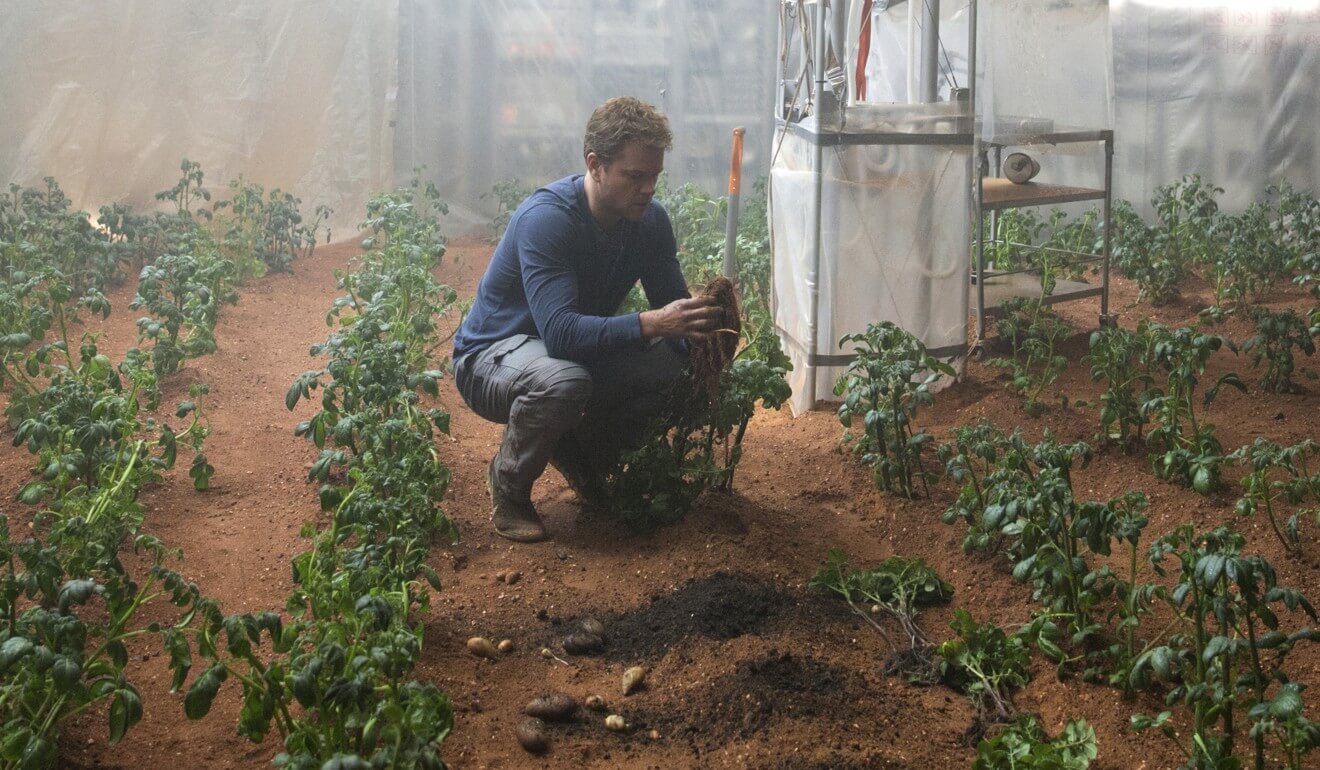
On the 5th of June, 2023, the proposal for an 18th Sustainable Development Goal will be presented at U.N. COPUOS, in Vienna, by representatives of the National Space Society, on behalf of 25 organizations who joined the alliance of the co-promoters of the #Space18SDG proposal.Why are we proposing that an 18th SDG should be added to the United Nations 2030 Agenda for Sustainable Development? It would be difficult to summarize all of the reasons in a short newsletter, but we will do our best to present these in upcoming newsletters . First of all, none of the 17 SDGs even mention space as a possible key factor supporting development sustainability. Yet, development was nominally the main goal of the U.N. 2030 Agenda, and it also was recognized as a civil right in a resolution adopted by U.N. General Assembly in 1986. Space has been increasingly confirmed as a key sector of the global economy – and perhaps the only sector experiencing spectacular growth in an age characterized by several crises.
Space technologies are already substantially contributing to all of the SDGs, and represent the main contribution to a true inclusivity of all the peoples of planet Earth. A civilian-led space development may substantially contribute to the three pillar SDGs essential for development: the 7th SDG (Affordable and Clean Energy), the 8th SDG (Decent Work and Economic Growth), and the 9th SDG (Industry, Innovation and Infrastructure). Thanks to reusable rockets, the cost to orbit is continuously downsizing, and both orbital and lunar industrial development are becoming increasingly affordable – not only for big corporations, but also for small and medium enterprises. The one trillion dollar threshold will likely be overcome by space economy before 2030, while financial forecasts had anticipated this occurrence in 2040. Surfing the many space news channels on YouTube, we learn that NASA and SpaceX plan to build a $3.7 Trillion Lunar Economy by 2040! This is even more optimistic than our forecast of $3.5 trillion, proposed in 2021 by the 3rd SRI World Congress Thesis.
So, why didn’t U.N. experts reference space when they designed their 2030 Agenda? In partial exoneration of this omission, we could posit that financial experts still didn’t believe (just one year ago) that space was truly rising to such heights (and many of them still don’t believe this!). It was much harder to foresee this before 2015 (when the 2030 Agenda was conceived).
Now, however, it’s time to address these mistakes! Space resources will be key to help sustain development, both on Earth and in space. Even more important, human direct experience in space will be key to help universally improve sustainability in our solar system that, of course, includes Earth in a much broader environment. Dr. Thomas Matula Ph.D, (Sul Ross University, Texas) gave a most inspiring lecture (one week ago) addressing how experiences by communities living in space habitats may be essential to enable human sustainability – not only in space, but also on Earth’s surface. Ending hunger, achieving food security, improving nutrition, and promoting sustainable agriculture (as defined by SDG 2) will clearly require the development of new technologies and methodologies. And (what a surprise!) the best environment where humanity can experiment with and apply such technologies and methodologies is in space – inside closed artificial ecosystems, where all the operational variables are predetermined, continuously monitored and controlled. Increasing crops yield will be essential, as well as improving the cycles of water and oxygen, to help reduce water waste, as well as to assure high sanitation standards (SDG 6). An entirely new culture of recyclable elements and a circular economy will be designed and implemented. And where will such innovations be mandatory? In space habitats – both on planetary surfaces and in orbital (spinning) infrastructures. Sustainable space habitats will require high yield agriculture, and near 100% water and materials recycling. They also will need to extract resources from very “low-grade” sources. The lessons learned by space farmers communities will subsequently benefit terrestrial farmers, forest planners and ecologists – providing sustainable use of terrestrial ecosystems, enabling sustainably managed forests, combating desertification, halting and reversing land degradation, and halting biodiversity loss (SDG 15). It has been estimated that a combined use of Ultra High Yield Agriculture technologies and methodologies may help overcome (by several orders of magnitude) the results achieved by the 1970’s green revolution. Climate-controlled buildings isolated from natural environments (with optimized conditions regarding light, water, nutrients, atmosphere, temperature, humidity, and the spacing of plants) will help eliminate threats from insects, weeds, and plant diseases. The space green revolution will help increase yields 10 to 50 times more than traditional agriculture systems, enhance the potential for harvests year round, promote a 90% reduction in needed land, and enable a 95% reduction in the use of water. Taken together, this will definitely be worth the investment!
[English language editing by: Jim Crisafulli]
[Contributions by: Tom Matula, Al Anzaldua]
12 June 2023: An 18th SDG: Space for All, on Earth and Beyond
During the 1st #Space18SDG virtual event, all of the promoters will provide their “why” humanity needs an 18th SDG. Follow the livestream on the Space Renaissance Youtube channel
Click ‘going’ to the Facebook event
Sign the #Space18SDG pledge: https://www.change.org/space18sdg
Add your organization to the promoters group
Please don’t forget to support the Space Renaissance:
Join the SRI Crew: https://spacerenaissance.space/membership/international-membership-registration/
Donate some money: https://spacerenaissance.space/donate-to-space-renaissance/
Watch and subscribe the Space Renaissance YouTube channel: https://www.youtube.com/@spacerenaissance
Also download a pdf copy of this article
Want to comment and discuss? Join the SRI Open Forum (WARNING: you declare to be fully tolerant to receive emails and discussions).








 Space Renaissance France Chapter
Space Renaissance France Chapter  Space Renaissance USA, Inc.
Space Renaissance USA, Inc.  Space Renaissance Italia Chapter
Space Renaissance Italia Chapter Space Renaissance Academy
Space Renaissance Academy Space Renaissance Initiative Group
Space Renaissance Initiative Group